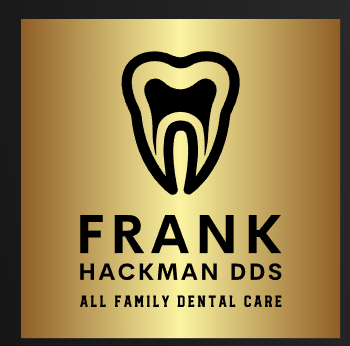Even after a tooth extraction, bacteria remain present in the mouth; this is especially true of those with poor dental hygiene. As such, post-extraction infections are common occurrences. To combat such risks, your dentist may prescribe antibiotics to take as a precautionary measure – though even that won’t guarantee that infection can be fully avoided. Nonetheless, depending on the extent of damage prior to removal, these medications can significantly reduce your chances of developing one afterward.
If you have a pre-existing infection before your extraction, the dentist will be able to recognize certain symptoms such as facial swelling and swollen gums. Moreover, feeling pain or experiencing bleeding when pressure is applied to your teeth may also serve as indicators of an infection. In this case, antibiotics must be prescribed for use following treatment in order to treat the existing issue. More severe cases that present with a bad abscess require antibiotics prior to any tooth removal procedure being undertaken by the dentist.
Even if there was no infection prior to the extraction, sometimes people still develop one afterward. The culprit? Bacteria! As your mouth has been opened up during the operation, bacteria will thrive in this environment; and with an exposed site of action for them, they are able to enter freely – leading to a potential infection. Unfortunately, it is not possible to sterilize or even brush your teeth for 24-48 hours following such a procedure: being unable to kill germs renders us powerless against any unwanted infections from occurring.
After an extraction, renewed bleeding can occur 48 hours post-procedure. Though this may not be too severe, it’s still important to contact your dentist right away. Your dental professional is equipped with the necessary medical treatments and prescriptions that will help you heal quickly. Don’t delay – make sure to call soon for the best outcome!
Dentists will often recommend antibiotics to patients prior to extraction, even if there isn’t a visible abscess present. This is because local anesthesia may not take effect as effectively with infections; thus causing extra work and medication for dentists in order to make the area numb. By eliminating any infection beforehand, procedures can be carried out more smoothly.
If the tooth needs to be extracted without delay, numbing is a feasible choice. It may take a considerable amount of medication to numb the area but it can be done. In cases where local anesthetics aren’t effective, dentists tend to use IV sedation or laughing gas for extra relief. An IV sedation typically puts you in deep relaxation so that the dentist can safely remove your troublesome tooth with ease!
While infections may cause immense discomfort and require prompt attention, it is possible to heal the wound without antibiotics after tooth extraction. If your mouth remains free of germs, no further medication will be necessary. After you leave your dentist’s office, make sure that you rinse out with salt water for several days to prevent bacteria from settling in the extraction site. By following this step and complying with any other directions provided by your dentist, you can rest assured that there won’t be any additional issues related to the infection or extraction site.





2 thoughts on “Maximizing Your Recovery: The Importance of Proper Dental Care After a Tooth Extraction”